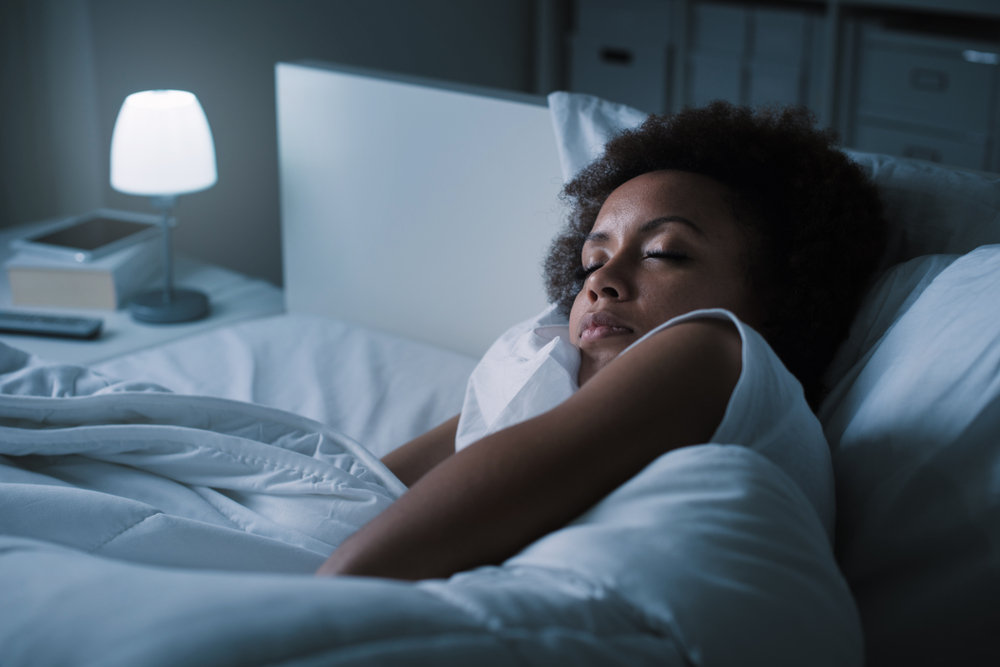The Signs of Pregnancy-Related Sleep Apnea
Living with untreated sleep apnea can cause secondary health problems, so it’s important to be aware of its signs and symptoms. Patients who have a family history of sleep apnea, are overweight, or have a large neck circumference are at a higher risk of developing a sleep disorder.
Contact Dr. Slobodinsky if you notice any of the following sleep apnea signs:
- Snoring
- Frequently waking up throughout the night
- Gasping for air in the middle of the night
- Feeling tired throughout the day
- Increased irritability
- Difficulty concentrating
- Consistent headaches
How Sleep Apnea Affects Your Unborn Baby
Sleep apnea not only impacts you and your body but your unborn baby’s well-being too. Since your body provides essential nutrients to your baby, a sudden change in oxygen or blood pressure can cause problems. Secondary health conditions caused by sleep apnea can include heart disease, high blood pressure, and diabetes.
Pregnant women suffering from sleep apnea may experience major health risk factors, such as:
- Gestational diabetes – an increased level of glucose in the blood
- Preeclampsia – high blood pressure during pregnancy
- Lower-blood oxygen levels
- Maternal obesity
- An increased risk of cesarean section
- Pulmonary edema – excess fluid in the lungs
- Increased risk of the newborn needing to be admitted into the neonatal intensive care unit


